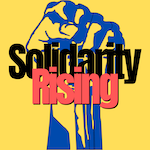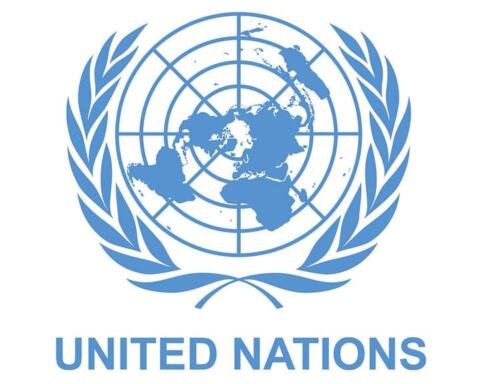A major obstacle to North African integration and an important factor in strained Algerian-Moroccan relations, the conflict in Western Sahara attracts little attention. This ‘‘frozen conflict’’ or ‘‘forgotten conflict’’ represents an insignificant priority for major powers, notably France and the United States. These powers have implicitly delayed the decolonisation of this non-autonomous territory by failing to induce the Kingdom of Morocco, which has illegally occupied the territory since 1975, to allow the holding of a ‘‘free and fair referendum’’ as stipulated in all UN resolutions on the issue.
Regardless of this support, no country recognises the Kingdom’s sovereignty over this former Spanish colony. The International Court of Justice in its 1975 Advisory Opinion rejected Morocco’s claims over the inalienable nature of its ‘‘historical sovereignty’’ over Western Sahara. Subsequently, the UN has consistently endorsed the right of the people of Western Sahara to selfdetermination, the exercise of which is considered the sole basis on which this matter of decolonisation can be resolved. A free and fair referendum that includes the option of independence is the only instrument through which that right can be exercised and, until such event, Western Sahara will remain on the UN’s list of non-self-governing territories.
Full article
Conflicting-International-Policies-and-the-Western-Sahara-StalemateSource: Taylor & Francis Online
Support our work
Support our work
Support our work with a one-off or monthly donation
AuthorHakim Darbouche & Yahia H. ZoubirYear2008Pages16LanguageEnglish
Share via
Related resources
The United Nations’ Failure in Resolving the Western Sahara Conflict
Altough a peace plan was accepted by Marocco and the POLISARIO in 1988, and…
The Unresolved Western Sahara Conflict and Its Repercussions
Western Sahara conflicts have yet to be definitively resolved. It now belongs…
Western Sahara: Road to Perdition?
At the time of writing, hopes for a peacful solution to the enduring conflict…



